


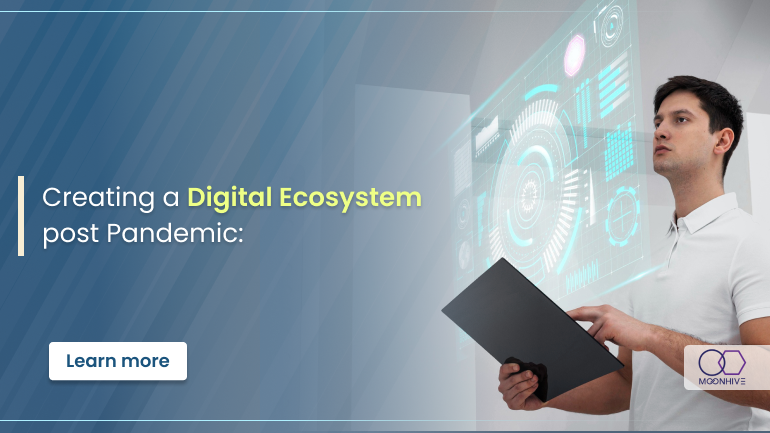







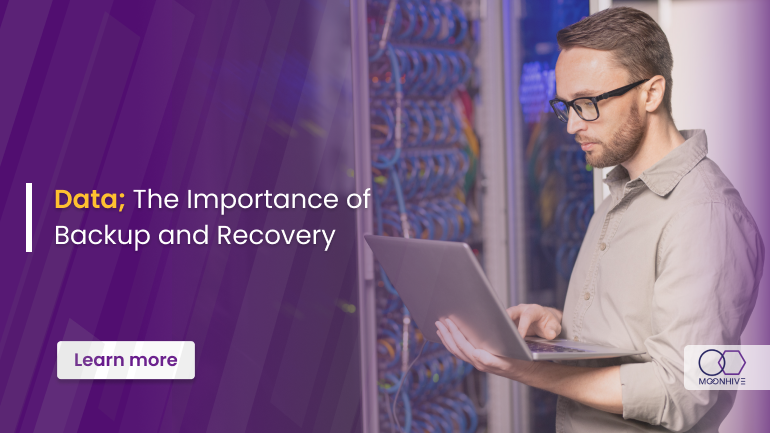
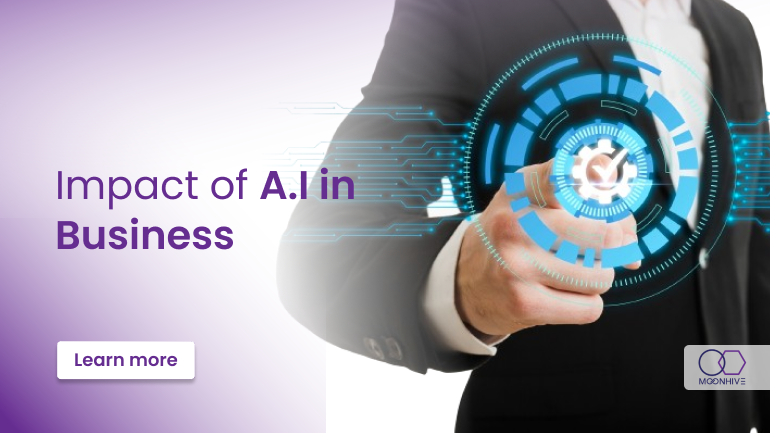





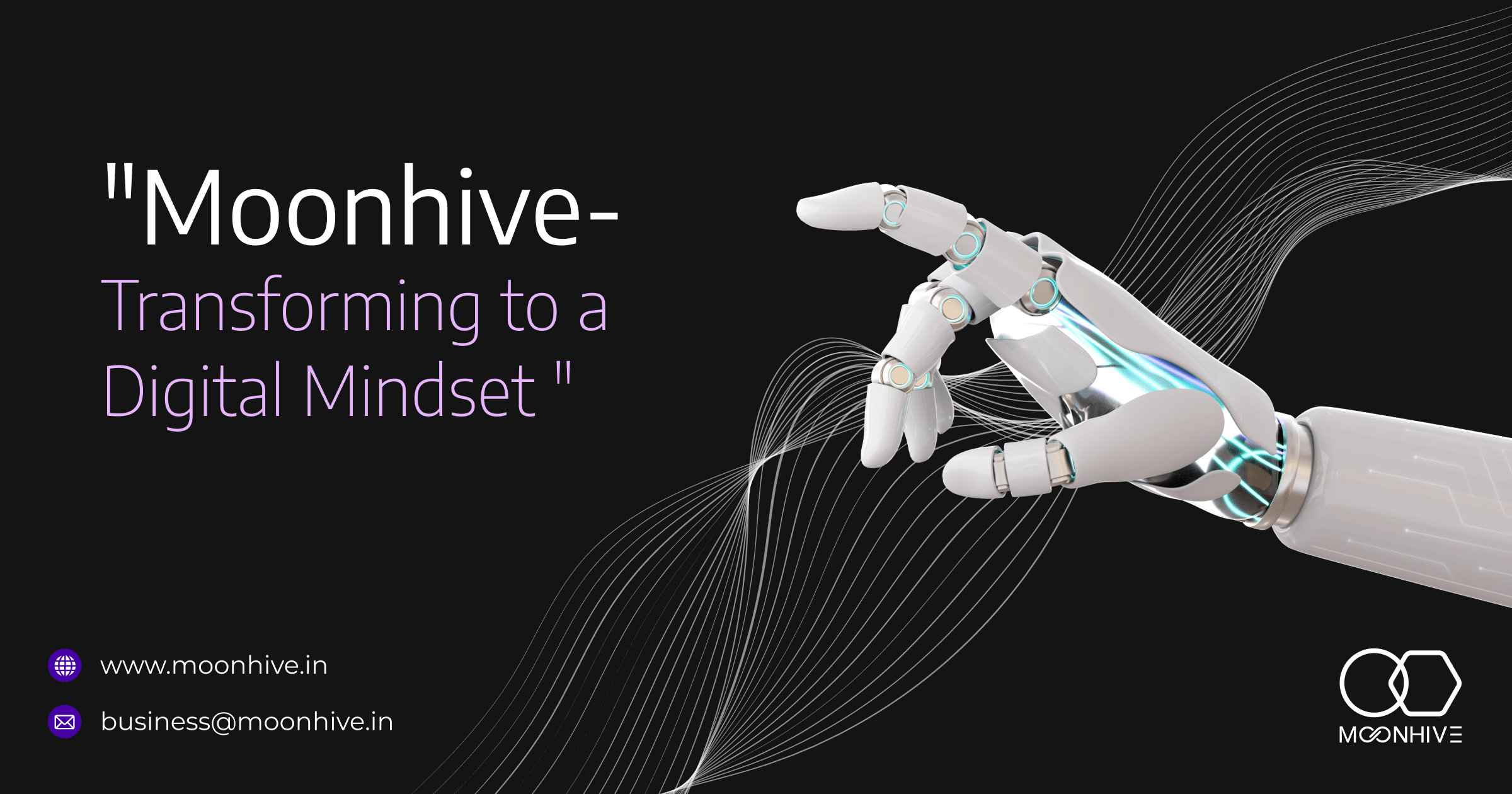















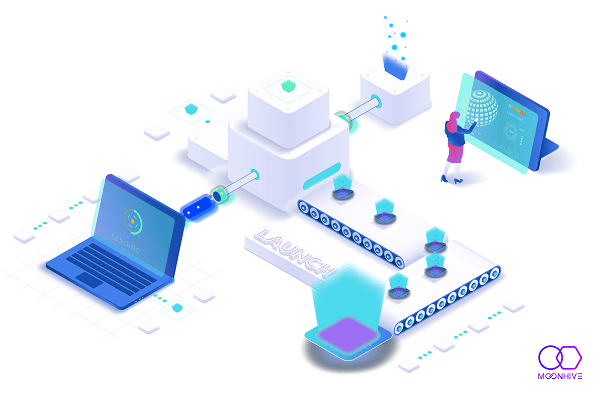


In today’s digital age, sustainability has now emerged as a critical consideration for Information Technology (IT) business enterprises and MNCs that are aiming to minimize their environmental impact.
Let us delve deeper into the strategies and initiatives that IT enterprises can adopt to foster eco-friendly operations, contributing to both environmental conservation and the long-term success of their businesses.
Green Data Centers:
The foundation of IT operations; data centres, can be transformed into eco-friendly hubs through the implementation of energy-efficient technologies. From optimizing cooling systems to harnessing renewable energy sources, green data centres reduce carbon footprints and operational costs while ensuring the seamless functioning of IT infrastructure.
Energy-Efficient Hardware:
From servers to personal computers, choosing energy-efficient devices not only reduces electricity consumption but also plays a vital role in extending the lifespan of equipment, and minimizing electronic waste. Manufacturers are increasingly designing hardware with energy-saving features to meet the growing demand for sustainable IT solutions.
Virtualization Technology:
Virtualization technology enables the consolidation of multiple servers onto a single physical machine, optimizing resource utilization and reducing the need for extensive hardware infrastructure. This not only results in cost savings but also contributes significantly to energy efficiency, making virtualization a cornerstone of sustainable IT practices.
Cloud Computing:
The migration to cloud computing services has become a game-changer for sustainable IT. Cloud platforms offer scalable and shared resources, eliminating the need for individual organizations to maintain extensive on-premise infrastructure. This not only enhances operational efficiency but also reduces energy consumption and promotes responsible resource usage.
Sustainable Software Development:
In the IT domain, software plays a very pivotal role, and sustainable practices must extend to the development process. Adopting agile methodologies, emphasizing code efficiency, and incorporating sustainable coding practices contribute to minimizing the environmental impact of software development.
E-Waste Management:
When business enterprises are in the process of escalating heights of technological advancement, managing electronic waste (e-waste) becomes a very crucial aspect that cannot be ignored. Sustainable IT practices involve responsible disposal and recycling of outdated hardware to prevent environmental pollution. Implementing e-waste management programs ensures that IT equipment is recycled or disposed of in an eco-friendly manner.
Remote Work Policies:
The shift towards remote work, accelerated by global events, has proven to be a sustainable IT practice. Reduced commuting translates to lower carbon emissions, and organizations can implement remote work policies to promote a healthier work-life balance for employees while contributing to environmental conservation.
Sustainable Procurement:
Sustainable IT practices extend to the procurement process. IT leaders can choose vendors and suppliers committed to eco-friendly manufacturing processes, using ethically sourced materials, and minimizing packaging waste. Sustainable procurement contributes to creating a supply chain that aligns with environmental conservation goals.
Employee Awareness and Training:
Fostering a culture of sustainability within the IT workforce is essential. Employee awareness programs and training initiatives can educate staff about the environmental impact of their work and instil practices that promote energy efficiency, waste reduction, and responsible resource consumption.
Continuous Improvement and Measurement:
Sustainable IT is an ongoing journey of continuous improvement. Establishing key performance indicators (KPIs) related to environmental impact, energy consumption, and waste reduction allows organizations to measure their progress and identify areas for further enhancement.
To conclude, embedding sustainability into IT operations is not only an ethical choice but also a strategic imperative for businesses in the digital age. By embracing eco-friendly practices, Information Technology business enterprises can contribute to a greener future while reaping the benefits of cost savings, operational efficiency, and enhanced corporate social responsibility.
As the IT landscape continues to evolve, prioritizing sustainability ensures that businesses remain at the forefront of positive environmental change.




































